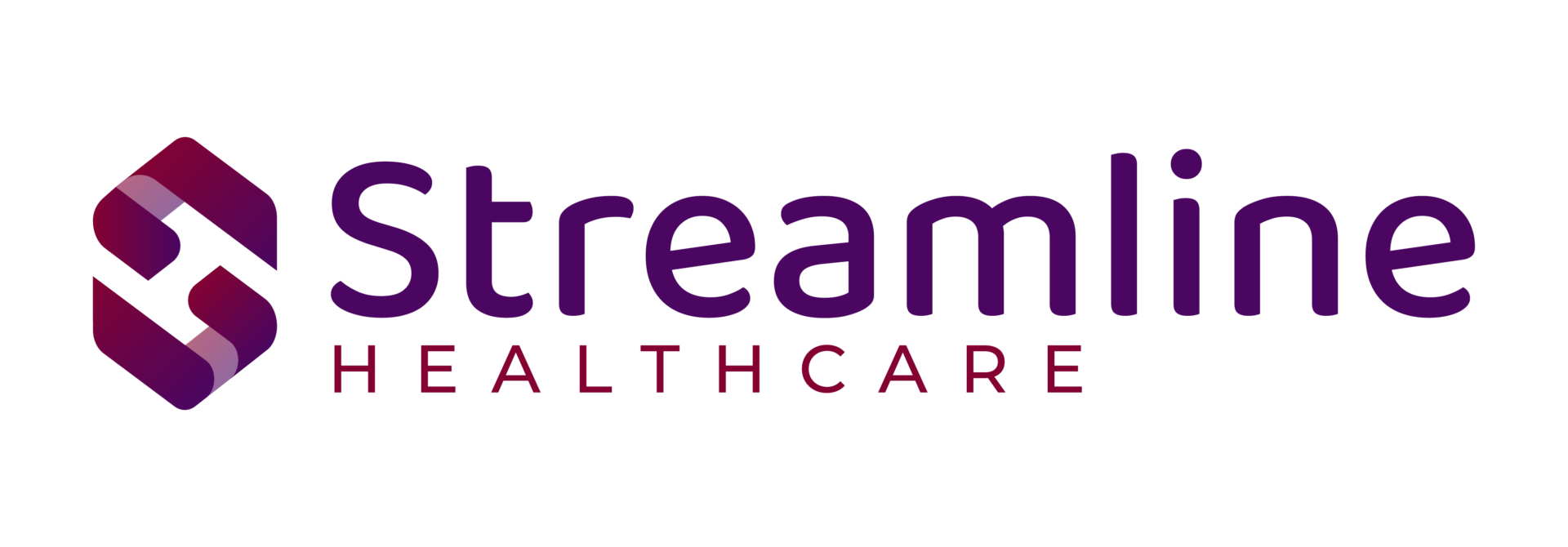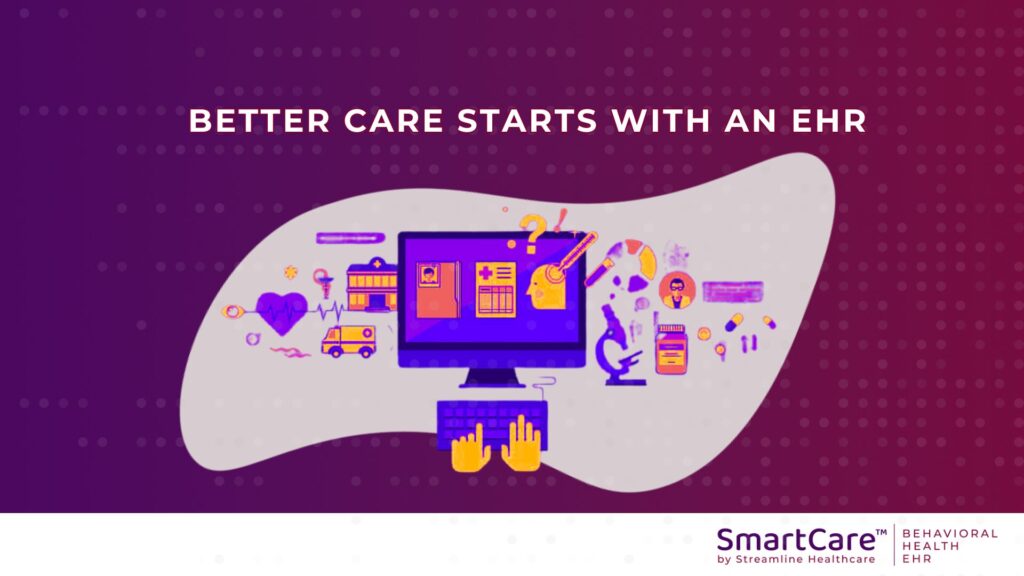The end of the Public Health Emergency for COVID-19 (PHE) this spring, combined with rising inflation and economic uncertainty in 2023, has changed the dynamic for Medicaid enrollment and funding, particularly at the state level.
Medicaid, which is funded jointly by the federal government and states, is the single largest payer for mental health services in the United States. Due to federal programs designed to help mitigate the impact of the COVID-19 pandemic, federal funding for Medicaid increased. With the end of those programs this year, a recent survey of State Medicaid Directors by the Kaiser Family Foundation found significant anticipated changes in Medicare enrollment and funding in 2023 and 2024.
Enrollment and Spending Growth Declines Anticipated
Among other things, the Survey found:
Following a sharp increase the previous year, Medicaid enrollment growth slowed in FY 2022 to 8.4% and is projected to decline by -0.4% in 2023, based largely on the end of the PHE and the related “maintenance of eligibility” (MOE) requirements for Federal Medical Assistance Percentage FMAP increases.
Due primarily to enrollment declines, States expect total Medicaid spending (including both federal and state funds) growth to slow to 4.2% in 2023 from a peak growth rate of 12.5% in 2022.
States reported that their (nonfederal) share of Medicaid spending would grow by 16.3% in 2023 compared to 9.9% growth in 2022 as federal fiscal relief to the states expired.
States: Transitional and Economic Risks, But a Budgetary Cushion
The survey also noted that:
At the same time that Medicaid revenue is set to decline, states are likely to face systems and staffing challenges related to ensuring eligible individuals remain enrolled in Medicaid or transition to other coverage sources.
All this is taking place against a backdrop where states are beginning to contend with new fiscal challenges due to rising inflation, workforce shortages, and a slowing economy. This could negatively impact state revenues to fund Medicaid at the same time that federal funding is declining.
The good news is that according to the National Association of State Budget Officers (NASBO), most states ended FY 2023 on June 30 with budget surpluses, giving them some cushion to adjust to changes in Medicaid spending.
Streamline and SmartCare™
Since 2003, Streamline Healthcare Solutions has focused exclusively on Behavioral Health and Human Services. We understand people choose this work out of a deep desire to help others. We partner with our customers to provide innovative technology solutions that help them advance the lives of those they serve.
Streamline’s SmartCare™ is a true enterprise Electronic Health Record (EHR) platform that sets a new standard for Behavioral Health EHRs. Its dependability and stability provide organizations with the control they need to succeed in today’s complex environment, while its flexibility enables them to transform the way they provide care to meet the exciting promise of tomorrow.
Request a demo today and learn how SmartCare™ can support your organization.




